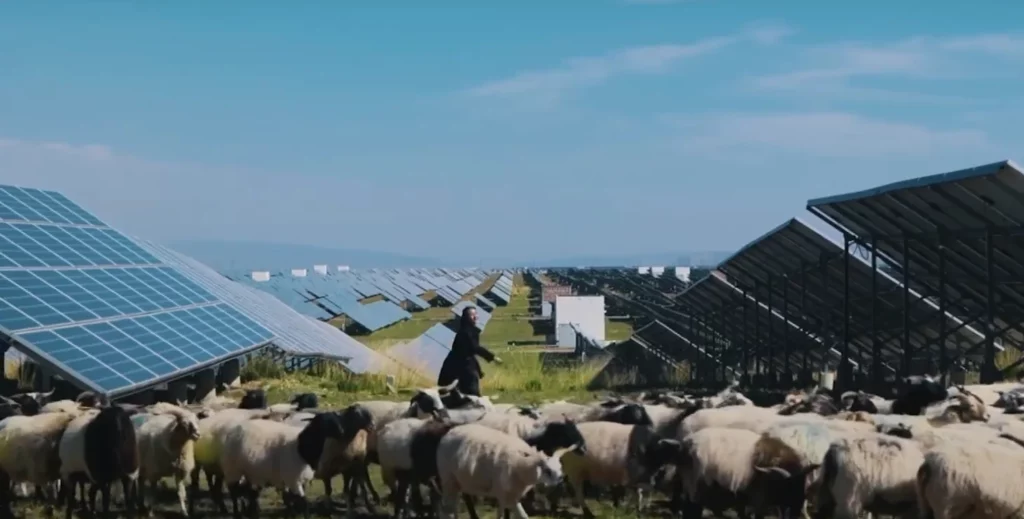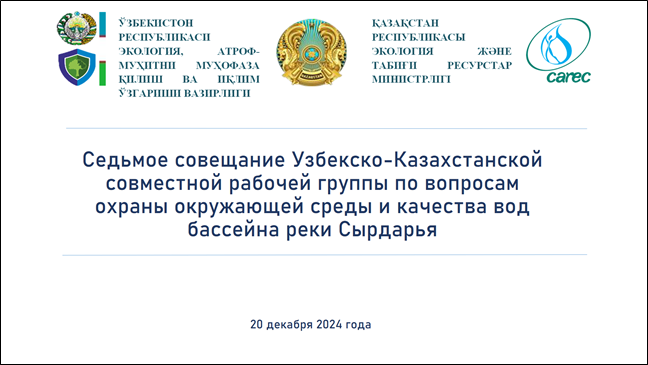On August 22, 2023, in the village of Ulken in the Zhambyl district of the Almaty region, public discussions took place regarding the potential implementation of an ambitious project – the construction of a nuclear power plant (NPP) in the region. This stage is an important step in the NPP project’s realization and serves as a preliminary phase preceding the environmental assessment. It is important to emphasize that these discussions are not part of the formal public hearings prescribed by the Environmental Code of the Republic of Kazakhstan.
According to Article 12 of the Law of the Republic of Kazakhstan “On the Use of Atomic Energy,” obtaining the consent of local authorities (maslikhats) representing the territory where the station is planned to be located is required for determining the location of the NPP. Taking this into account, the village of Ulken became a platform for dialogue aimed at identifying public opinion on the construction of the NPP in this area. The event brought together residents of the region, representatives of the media, officials from the Almaty region administration, public figures, and experts from various fields, including ecology, seismology, safety, energy, and infrastructure.
It is worth noting that in his address to the people of Kazakhstan in September 2021, President Kassym-Jomart Tokayev emphasized the importance of developing alternative energy sources to overcome the country’s projected energy deficit by 2030. In this context, nuclear energy stands out as an option for stable electricity generation alongside hydrocarbon and renewable sources. It’s especially important to highlight that nuclear power plants in European Union countries are recognized as “green energy” due to their ability to significantly reduce carbon emissions compared to traditional coal-fired plants.
Currently, the Government of Kazakhstan and the “Samruk Kazyna” Fund are actively exploring the prospects of building an NPP in the village of Ulken. A significant factor in the selection was the proximity to Lake Balkhash, whose water resources could be used for cooling the NPP equipment. The government is considering various reactor technologies from global providers such as CNNC from China, Rosatom from Russia, KHNP from Korea, and EDF from France. Among the proposals, the option from Rosatom is considered the most promising.
The overall budget of the project, which includes the construction of two reactors depending on the chosen technology, is estimated to be around 10-12 billion US dollars. Funding can be provided through various means, including state investments and private investments.
The question of the “peacefulness” of nuclear energy evokes diverse opinions both among experts and ordinary citizens. The results of public discussions show that public opinion on this topic is varied. Some supporters express their endorsement of the NPP construction idea, based on the potential for creating new jobs in the region, which requires investments. They also see this as an opportunity to provide accessible and stable energy for projects that have been put on hold due to energy shortages.
However, the results of independent surveys among residents of the region indicate that the majority of them have concerns about the possible impact of the NPP on the environment and the health of future generations. There is worry about emissions of hazardous isotopes that could lead to oncological diseases.
The NPP construction project in Kazakhstan will span over 10 years and will be hindered by environmental aspects, such as the lowering of the Caspian Sea and Lake Balkhash water levels, as well as the potential “thermal” impact of the NPP on the flora and fauna of water bodies, which could lead to their inevitable demise.
Political analysts also share their considerations regarding the NPP construction. They point out the potential political risks of this venture. Specifically, NPP construction could be used by China as a tool for political pressure on Kazakhstan, especially if there are changes in the course of transboundary rivers that feed Lake Balkhash.
On the other hand, for Russia, NPP construction on Kazakhstan’s territory could bring about positive changes. It could provide an opportunity for producing inexpensive electricity in the neighboring territory while minimizing risks to its own ecology.
Thus, society remains divided in opinions, and discussions will continue. The dialogue’s results underscore the complexity and multifaceted nature of this issue, which requires further careful analysis and constructive discourse. The final decision on the construction of the nuclear power plant is still in the process of being made.



